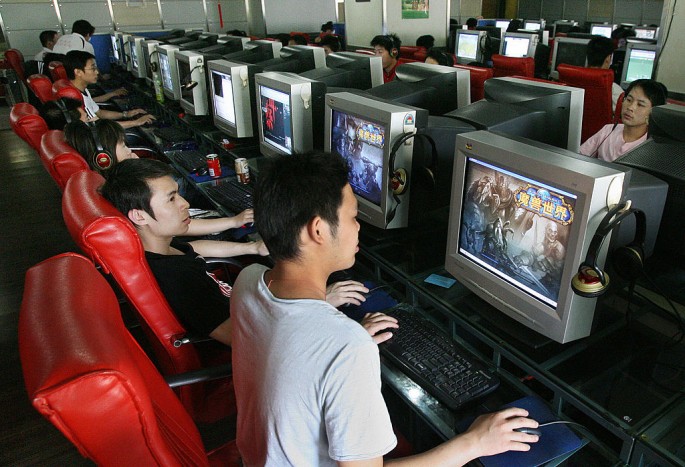Tech firms doing business in China may have to make changes in its operations to comply with new requirements as China is set to strengthen its Internet child-safety policies with new proposed rules, The Wall Street Journal reported.
Under the draft rules, online-game operators would have to prevent anyone below 18 years old from Internet cafes between midnight and 8 a.m. The rules also called for increasing the number of websites warning minors about unsuitable content.
Industry experts said that a strict implementation of the rules would compel foreign tech firms to adopt Chinese censorship software, which they believe could be used for surveillance.
The proposed rules cover "smart devices," which also include all makers of computing devices sold in China, such as Apple Inc., Dell Inc., HP Inc. and others.
The proposed rules, which was posted online on Sept. 30, did not specify if companies can use their existing control systems or if they would have to adopt the government-approved software.
The Cyberspace Administration of China, however, said that it will support the development of web-filtering software and would decide which products comply with the requirements.
The proposed rule is the latest in a series of measures that require tech companies to help strengthen China's Great Firewall although most private companies are already required to manage their platforms for unlawful content.
The report enumerated highlights of the country's tightening censorship over the Internet, which includes the following:
- In 2009, personal computers sold in the country were required to include a filtering software called Green Dam, which was immediately scrapped after heavy criticism.
- In 2011, users of social-media services like Weibo were asked to register under their real names and posts which could "disrupt social order" were banned.
- In 2013, Chinese authorities crack down on online rumors and online personalities, especially public commentators. Some prominent Weibo bloggers were interrogated or detained.
- In 2014, the government placed restrictions on instant-messaging services such as WeChat and similar to social media, required real-name registration and banned certain types of content.
- In 2015, the National Security Law was enacted which called for enhanced information security and criminalized threats to the government, national unity, economy and other interests.
- In 2016, the government proposed child-protection rules which required smartphones and other computing devices to be pre-installed with child-proof censorship software or to make installation easy. Minors were also blocked from online games after midnight, and websites must post warnings of objectionable content.
Experts, however, said that the draft rules' wordings are vague which opens the possibility that companies can use in-house software. Some companies like Apple has parental control setting already installed on their devices.
The report said that the rules are open for public comment until Oct. 31.



























